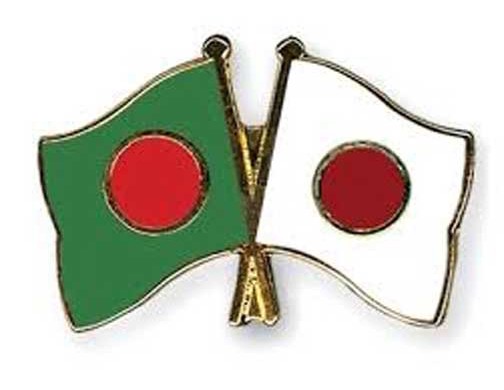Findings from DANIDA financed energy efficiency project show that Bangladeshi companies can adopt energy efficiency measures and save 16% of energy consumption, 21% of energy costs and lower their CO2 emissions by 18%.
This were revealed at a seminar titled “Bangladesh – A Great Potential for Energy Efficient Industry”, organized by The Energy Efficiency Engagement (3e) Program Secretariat in collaboration with Dhaka Chamber of Commerce and Industry (DCCI) at Hotel Six Seasons in the capital Dhaka.
The main objective of the event was to promote implementation of energy efficiency in  Bangladeshi industry and to disseminate key findings from the DANIDA funded 3e programme to the members of DCCI.
Bangladeshi industry and to disseminate key findings from the DANIDA funded 3e programme to the members of DCCI.
NCCI President and 3e Governing Council Chairman Mr. Shamim Ul Huq in his opening remarks highlighted the importance of energy efficiency in ensuring sustainability and profitability of business. He said he has been encouraged to see the leadership shown by the local industries in terms of participation and implementation of the recommendations provided through the 3e program.
DCCI President Mr. Hossain Khaled welcomed all the participants and pointed out sustainability as a driver for future industrial success.
Mr. Stephan Skare Enevoldsen, Senior Adviser of 3e program in his keynote presentation disclosed that the energy audits performed by the 3e programme shows that on an average a Bangladeshi company can save 16% of energy consumption, 21% of energy costs and reduce 18% of CO2 emissions.
In terms of energy cost reduction more than USD 5.2 million can be saved per year from 36 companies – on average USD 145,000 per facility. Most of the recommendations are low cost and easy to implement. “Energy efficiency is a great case for Bangladeshi companies as it can lower costs, support expansion without the need for more energy, and provide a green profile towards international buyers. This is why the participating companies have already implemented 61% of our recommendation. So it is only a matter of will and leadership to get started”, he added.
Mr. Enevoldsen earlier provided an overview of the 3e project, its goals and objectives, and the latest findings from energy assessments performed under the program in different sectors.
Mr. Tahrin Aman, Managing Director of Aman Spinning Mills Ltd. presented a case study on energy issues faced by spinning mills, reason for participation in 3e, the benefits of energy efficiency, finding the right technology companies for energy efficiency.
Mr. Søren Robenhagen, the Commercial Counsellor of the Royal Danish Embassy in his presentation highlighted Denmark as a perfect case for Green Growth and described how Denmark became a ‘Green Growth’ leader and it is an experience which Denmark is eager to share with Bangladesh to support its future sustainable growth.
H.E. Mikael Hemniti Winther, Ambassador of Denmark to Bangladesh, who attended the event as special guest in his speech underscored the importance of the leadership role the industry players should take to ensure green growth in the country.
Referring to the remarkable success of Denmark, the Ambassador said ”The Danish experience shows that adopting policies to enhance energy efficiency can at the same time lead to sustained economic growth and safeguarding the environment”.
Mr. Md. Mosharraf Hossain Bhuiyan, ndc, Senior Secretary, Ministry of Industries, Government of the People’s Republic of Bangladesh attended the seminar as the Chief Guest of the event.
Mr. Rumi Saifullah. Director of DCCI in his concluding remarks praised the role of NCCI for launching of the 3e program. Around 100 attendees, primarily from industry and relevant stakeholders, were present at the seminar.
The Energy Efficiency Engagement (3e) Program is funded by the Danish International Development Agency (DANIDA) and is implemented by the Nordic Chamber of Commerce and Industry in Bangladesh (NCCI).















